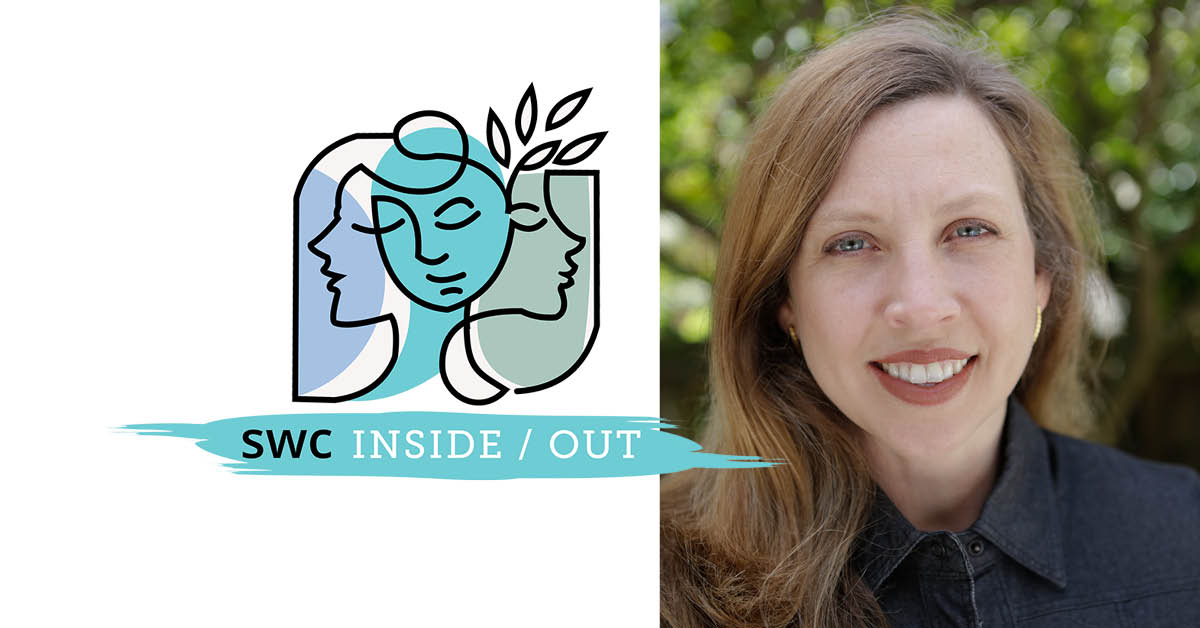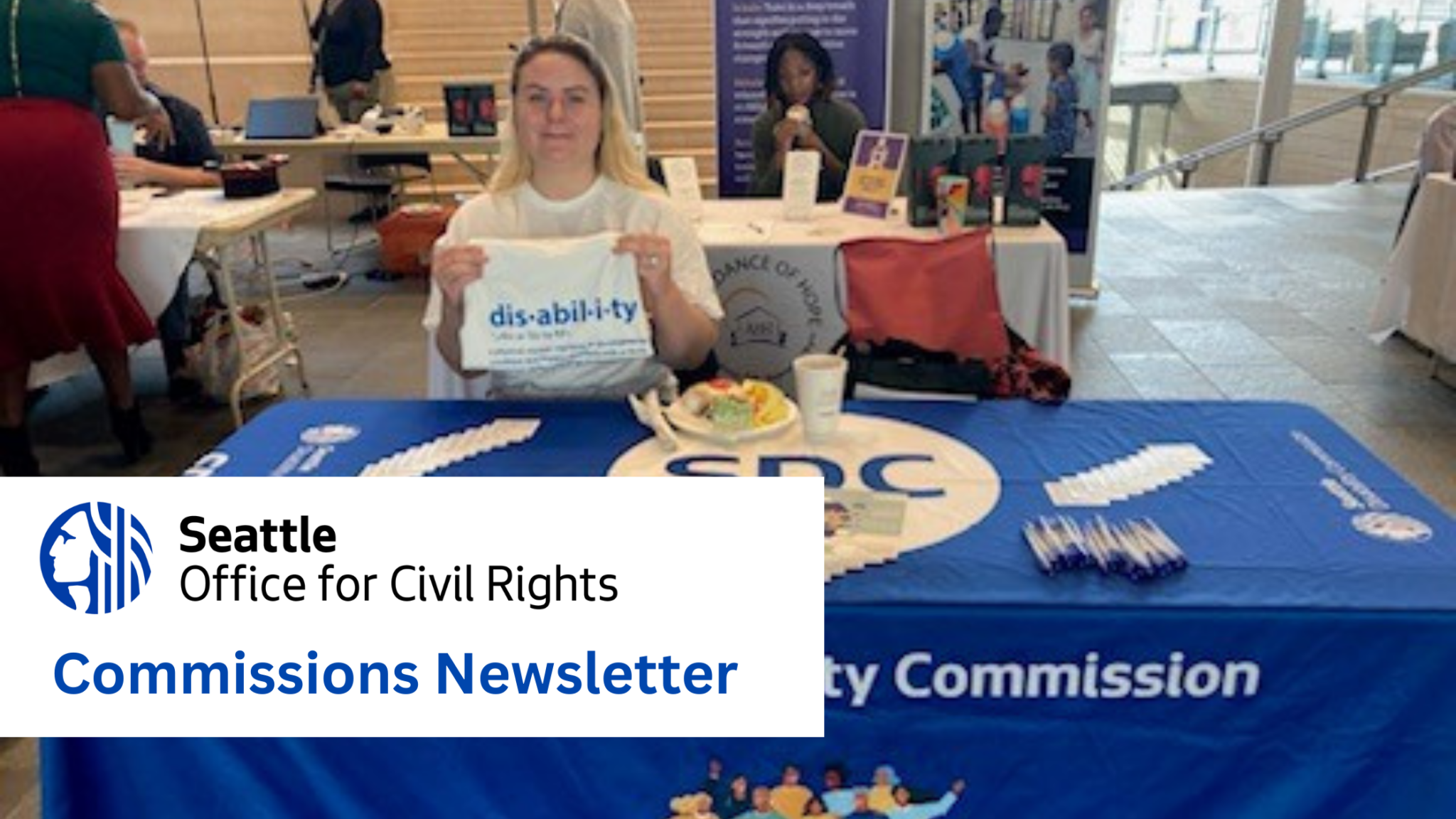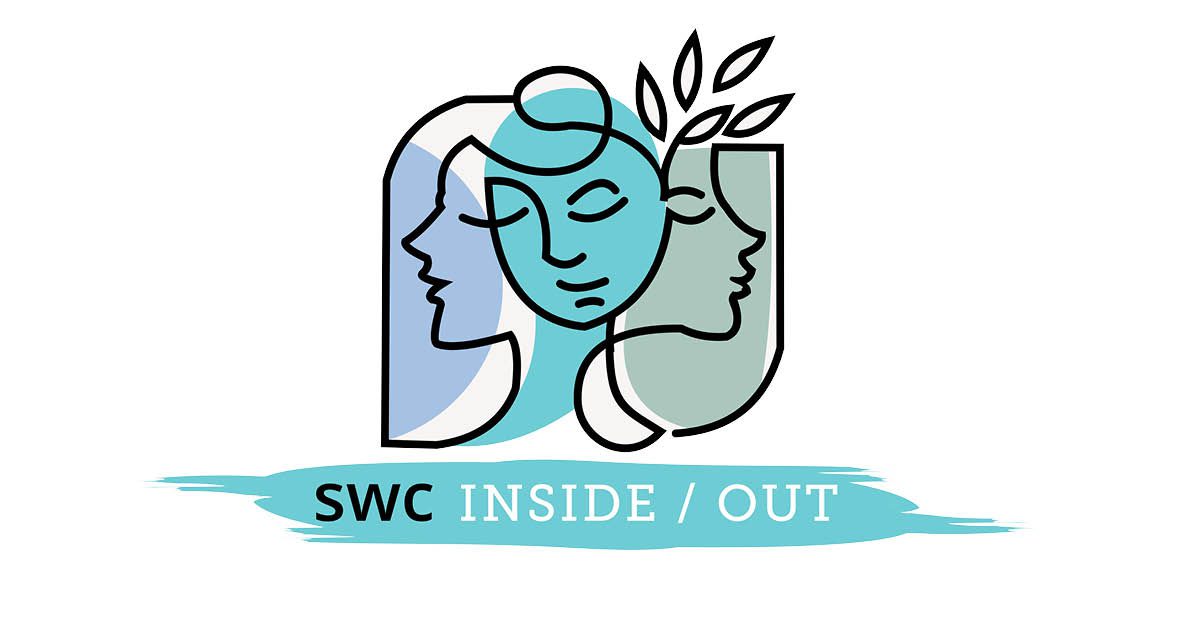
An interview with Jema Turk on Abortion Care, the Post-Roe Era, and What You Can Do
Welcome to SWC Inside/Out, an interview series with members of the Seattle Women’s Commission and the community members who inspire us. This is the first installment of the series, and we are excited to be talking with SWC Commissioner Jema Turk (she/her) on the subject of abortion.
Jema is a policy expert and is currently directing research and evaluation at the Ryan Residency Training Program at the University of California, San Francisco. She’s published many studies about family planning and abortion training and has some sharp insights to share.
On June 24, the Supreme Court overturned Roe v. Wade, ending the constitutional right for abortion that has been in place since 1973. As a result, many states immediately banned abortion and numerous others have ‘trigger bans’ in place designed to ban abortion within thirty days following the ruling. At least half of the United States will have some form of abortion ban in place in the near future. As Amanda Gorman said in her 2019 stand for abortion rights, we know “this isn’t about caring for women and girls [and people who can become pregnant] it’s about controlling them.” As we look into this post-Roe future we do so with a lot of questions and fear. Let’s hear from Jema.
Who is most likely to be impacted by this ruling?
Honestly, nearly everyone will be impacted by this ruling. We are talking about a procedure that 1 in 4 women of reproductive age undergo. But without a doubt, women of low incomes and women of color will be most affected. Women with financial means will continue to get abortions as they always have—they can more easily get to a state where abortion isn’t restricted. But poor women will not have that luxury.
Just as importantly, women of color will be disproportionately affected. More than half of the Black population in the US lives in the South—where nearly all states are likely to ban abortion. This is similar to Hispanic and Indigenous women. The same people who face barriers to health care now are at serious risk of further marginalization.
How will people in Washington State be affected by this ruling?
We are lucky to live in Washington, which – along with California, Connecticut, Hawaii, New Jersey, New York, Oregon, & Vermont– is considered a state with ‘expanded access’ – and protects access to abortion care more than the vast majority of states. But Washington will likely experience an influx of non-WA residents trying to access abortion care – but we won’t necessarily have an influx of providers or clinics to meet the needs. The increase in demand without a similar increase in supply will undoubtedly result in shortages for Washington residents needing abortions. Providers and organizations around the country are working hard to anticipate and be ready for this cyclical issue – but it will be an extremely challenging problem.
I am looking at this general issue in my own work. The Ryan Residency Training Program helps obgyn residency programs integrate training in abortion and family planning into the curriculum. This past year we shifted focus a bit to help obgyn residents in ‘ban states’. We piloted a program to help place Texas residents (whose training in abortion and family planning was curtailed with the passage of Texas Senate Bill 8 in September of 2021) at host programs around the country. But Texas will soon be one of 26 states likely to ban or highly restrict abortion and the training of providers. Thousands of obgyn residents (as well as family medicine doctors and advanced practice clinicians, etc.), the future providers of abortion care—will no longer have access to training at their institutions. Again—reducing the supply for a health care demand that will only increase.
“Making abortion illegal does not prevent abortions. Making abortion illegal just makes it more dangerous for people who don’t have the means to get them.”
Jema Turk
What is the impact on young girls and their futures?
Making abortion illegal does not prevent abortions. Making abortion illegal just makes it more dangerous for people who don’t have the means to get them. The impact of the SCOTUS decision to overturn Roe will make it harder for young girls and teenagers to get the health care they need. It will increase pregnancy rates, which leads to higher rates of teenage parenting, which increases the strain on social systems that are already meager, sometimes complicated to access and in short supply… not to mention the well-documented negative socioeconomic and mental health repercussions of teenage pregnancy and early motherhood.
Can you speak to the known danger that illegal abortions cause, and the harm they will inflict on pregnant people who are forced to go that route?
Most of us have heard the horror stories of illegal abortion and what the world looked like pre-Roe. And there’s no way to know now exactly what will happen — but we do know that there are a myriad of “costs” to restricting abortion. In Mississippi, the state which led the fight to overturn Roe, they already have among the highest rates of child poverty in the country, and the highest infant mortality rate. Restricting abortions neither prevents unwanted pregnancies nor provides access to services that support these children once they are here. There is no upside to making abortions illegal.
How do you maintain hope when reproductive rights are under such constant attack?
I do maintain hope—if also fear and anger at the same time. I feel hopeful when I look at my 10-year-old daughter and witness her passion and commitment to social justice. I grew up in a small, conservative community in Texas, where I was ‘different’ for being a feminist—though I didn’t even know the word at the time. My daughter is growing up in a completely different community where she is being taught to be aware of her privilege, to be an ally when she can, and to take action when she sees inequity around her. She is being taught at a very early age to use her voice and stand up when something isn’t right. Empowering young people empowers me.
Very simply, we have to keep hopeful and keep fighting. For the first time in decades, Americans lost a fundamental right. Six people in Washington DC– who were not elected by US citizens– took away the right of more than half of the US population to make decisions about their own bodies.
“I think the key is to do SOMETHING. It’s easy, understandable even to feel demoralized and helpless among all the terrible things that are happening in the world right now. But taking action—any action—really can make a difference. Our strength is in numbers.”
Jema Turk
What should allies know and what can allies do to help?
Allies can help in many ways! One of the most impactful ways is at the ballot box. Roe being overturned, essentially means state governors will be able to control what women can and can’t do with their own bodies. So we need to think about, get involved and give very strategically to elections that will affect these state leaders—namely governors’ and Senate races. Right now there are a handful of Senate races that could flip the very slim majority Democrats have in the US Senate.
Another perhaps even more impactful way to be an ally is to share your abortion story. Abortion is something 1 in 4 women have experienced—so likely you or someone you love has had an abortion. Maybe you had a teenage pregnancy, or maybe you had a high-risk pregnancy and understand how dangerous it can be to carry a pregnancy to term. Stigma is an extremely powerful burden to carry—but if we can share our stories with one another, it will help to alleviate that stigma. I really believe it can open hearts.
Do you have resource recommendations (websites, groups/orgs, research, etc.) to learn more?
There are so many great organizations to learn from and support— Abortion Care Network, NARAL, Planned Parenthood, ACLU, Center for Reproductive Rights, and Jane’s Due Process are just a short list of my favorites.
More About Jema
Jema Turk (she/her) directs the research and evaluation efforts of the national Ryan Residency Training Program at the University of California, San Francisco. She has published multiple quantitative and qualitative studies on family planning and abortion training. She is currently co-leading a prospective cohort study on obstetrician gynecologists and their family planning practice post-residency.
Jema received her PhD in Social Policy and Master’s degree in Women’s Studies from Brandeis University, and a Master’s in Public Policy from the LBJ School at the University of Texas. Jema is a mom to two and lives in the Fremont neighborhood of Seattle.



